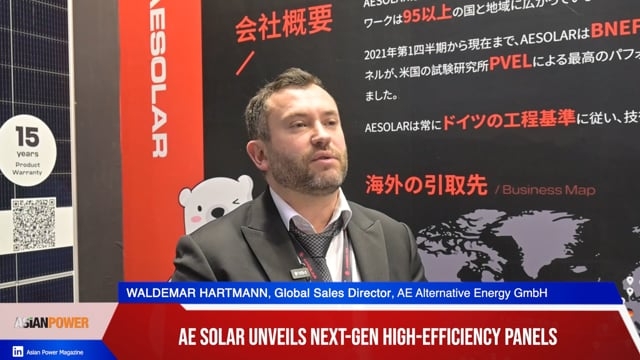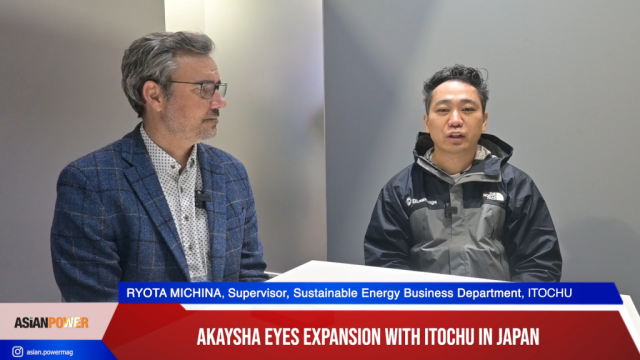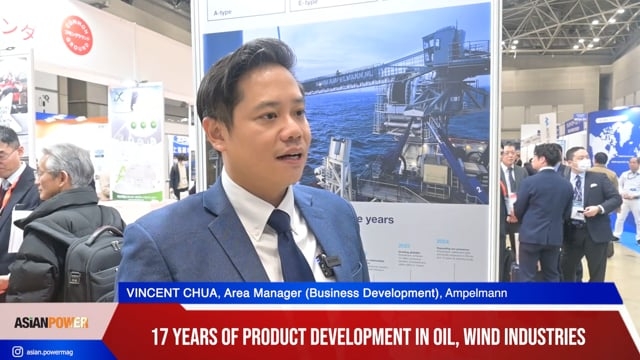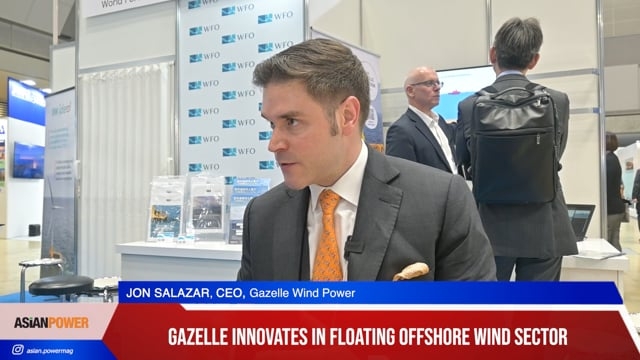
Options for meeting renewable purchase obligations in India
By Ashutosh PandeyUnder the Electricity Act (2003), the governing legislature for the Indian power sector, State Electricity Regulatory Commissions (SERCs) are mandated to promote renewable energy (RE) through the setting of Renewable Purchase Obligations (RPOs). Under these policies, certain parties (obligated entities) are obligated to purchase a minimum share of their electricity from renewable energy sources.
State policies on Renewable Purchase Obligations (RPOs) vary in terms of targets and eligibility. Companies with RPO targets or RE generators looking to register for Renewable Energy Credits (RECs) are advised to consult their respective state policies.
National and state level orders can be found at the following link: https://www.recregistryindia.in/index.php/general/publics/ReferenceDocuments
The forum of regulators has provided some guidelines for the national orders.
“Obligated Entities” (OE) are to include distribution licensees, consumers owning captive power plants and open access consumers.
“Renewable energy sources” are defined to include small hydro, wind, solar including its integration with combined cycle, biomass, bio fuel cogeneration, urban or municipal waste and such other sources as recognized or approved by the Ministry of New and Renewable Energy.
Penalty Mechanism:
If obligations are not met, the OE can be directed by the state regulator to create a fund, equivalent to the RPO shortfall at the forbearance price. Such funds could be used to purchase Renewable Energy Certificates (RECs) from this account. RPO targets are set on an annual basis and need to be met in the same year. There is a provision for carry-over of obligations to the next fiscal year in case of “genuine difficulty”, but this is not defined.
As the first compliance period has not yet finished, the penalty mechanism and level of enforcement has yet to be tested. This should become clearer at the end of the current fiscal year (March 31, 2012).
Options for Compliance:
Obligated Entities can meet their obligations in three ways:
- Generating RE power for self consumption
- Buying power from RE generator
- Buying Renewable Energy Certificates (RECs)
All RE power is not eligible to meet RPOs. The qualification criterion for the RPO-Compliant power is subjective to a state regulatory commission’s definition. As of date, only Tamil Nadu has done so. As per TNERC, in case an RE generator is availing of other RE incentives, such as feed-in-tariffs, concessional or preferential transmission and wheeling charges then such power would not be eligible to meet their RPO.
To meet RPO using Option 3, the OE can buy RECs on the Indian Energy Exchange (IEX) or Power Exchange India Limited (PXIL). To participate in trading, the OE needs to be registered with the exchange; in case, it is not registered, it can purchase RECs through traders who are registered on the exchange(s).
There are two types of RECs: solar and non-solar and the Central Electricity Regulatory Commission (CERC) has set price bands within which RECs can be traded.
These prices are calculated basis on benchmark cost of generation, average power purchase cost for distribution licensees and other parameters.
Obligated entities can customize their compliance approach, depending on their long-term strategy and their capital available:
Ashutosh Pandey, Chief Executive Officer - Advisory, Emergent Ventures
























 Advertise
Advertise








